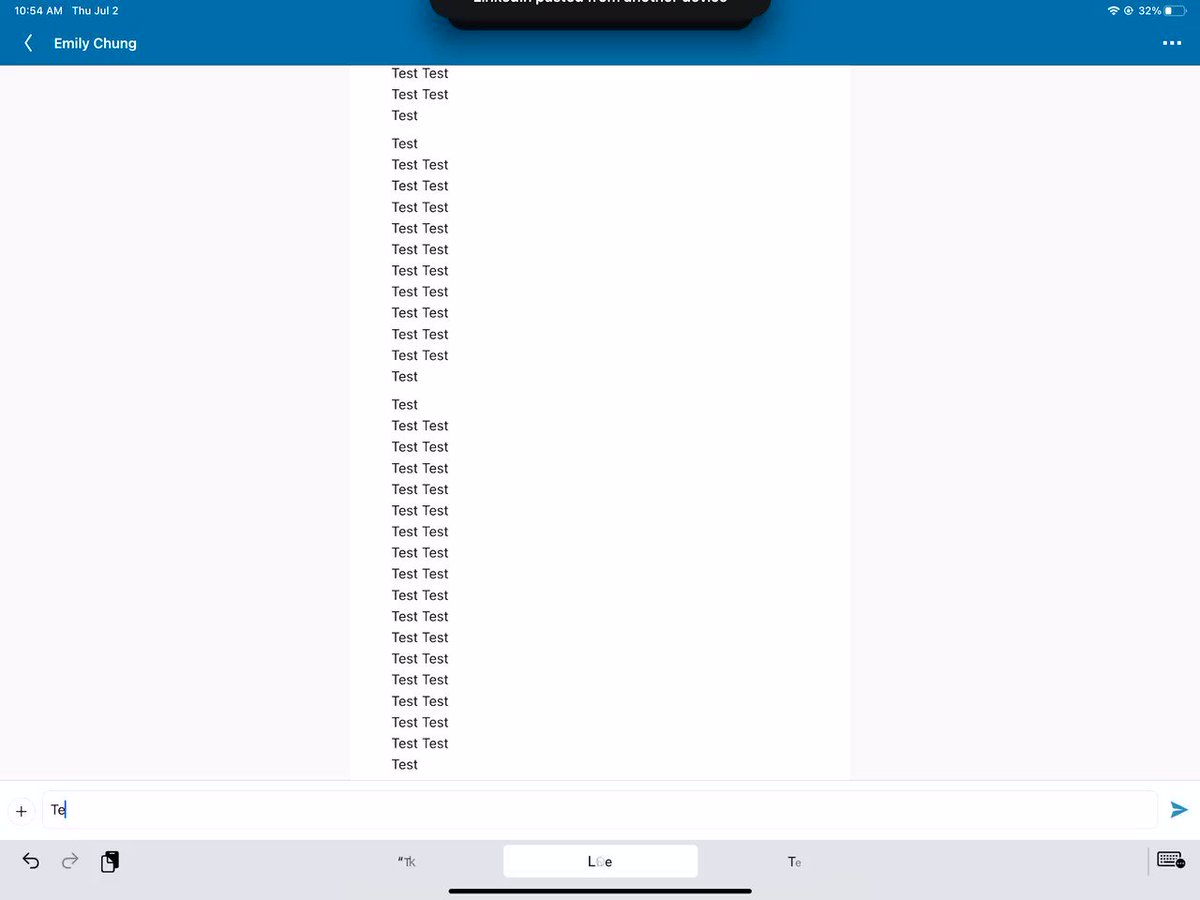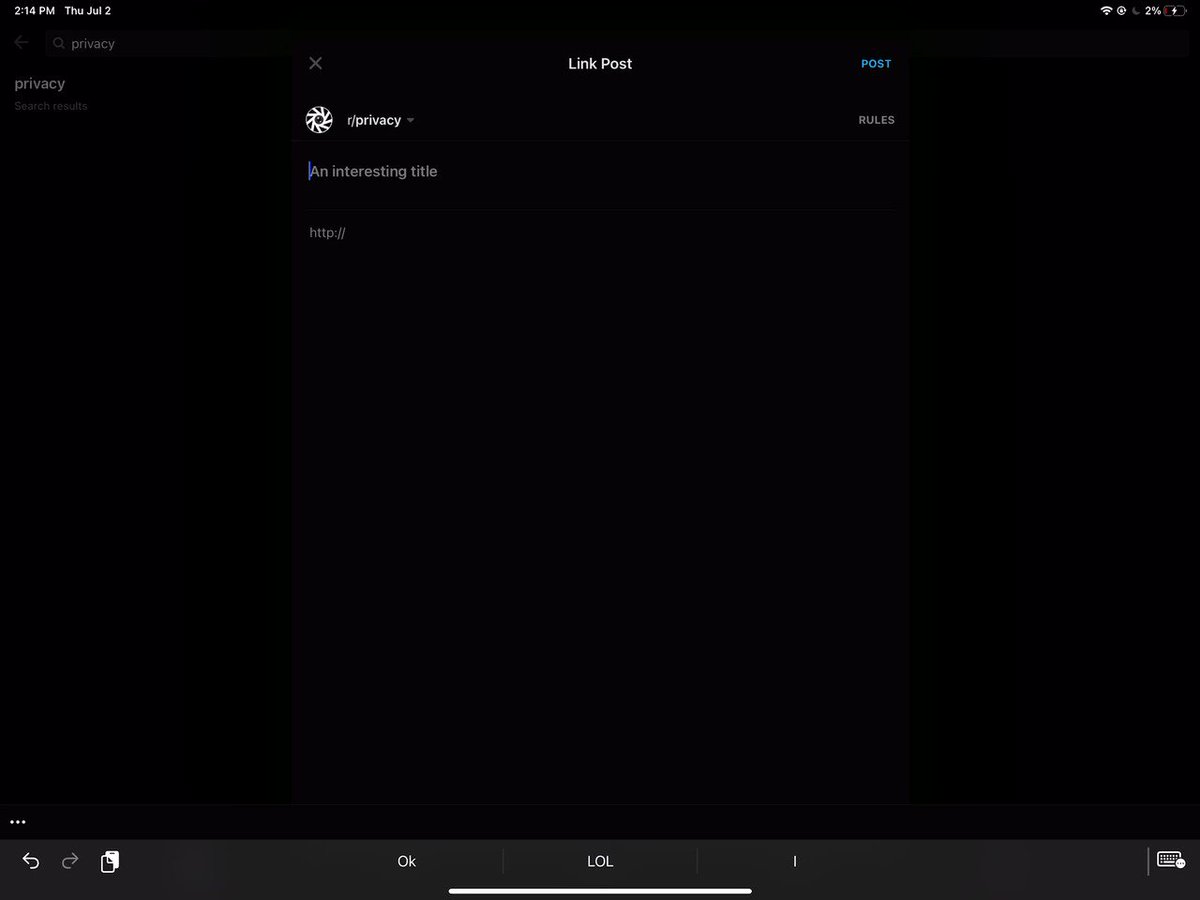LinkedIn’s iOS application has taken the continuous issue of sneaking around at clients’ clipboards to an entire, new level. The organization has just said it’s an error that will be fixed.
The issue of iOS applications observing duplicate glue information has been a subject of worry since March when a couple of programming engineers distributed their exploration. Tommy Musk and Talal Haj Bakry found that an enormous number of existing applications (at that point) looked at clients’ clipboard information each time those applications were opened.
This is disturbing when you truly plunk down and recall all the occasions you’ve duplicate stuck touchy information, for example, sign-in qualifications from your secret phrase storage or a Mastercard number that you don’t want to type it once more. In the event that you haven’t done that, amazing. Be that as it may, a lot of individuals have. What’s more, you most likely don’t need outsiders peeping at your clipboard information in any case.
The sneaking around issue raised up again as of late with the beta arrival of iOS 14. Apple’s next major working framework update for iPhone incorporates another element that lets individuals take a gander at how their information is being gotten to, something that has been depicted as what could be compared to “nourishment marks.”
As individuals began playing with the beta, some found that various major applications, as TikTok, are as yet doing some type of clipboard sneaking around. On Thursday, one Twitter client, Don Morton, exhibited how LinkedIn’s sneaking around is among the most intrusive models, with the application duplicating what’s in the clipboard with each keystroke.

Seeing the notification come up just as much.

Morton proceeded to compose at a more prominent length about the main problem with this sneaking around in a Substack post. While these organizations should fix their applications, he composed, the greater issue is that such information is available to designers in any case.
“I could undoubtedly observe ‘phishing applications’ beginning to spring up (on the off chance that they are not as of now) with the sole aim to scratch however much clipboard information as could reasonably be expected. To me, this is similarly as terrible or significantly more stressful than the organizations that have just been gotten out for it. Generally, the organizations that have been getting gotten out have a rationale to be ‘acceptable’. I’m simply beginning to consider organizations or applications that have no aim of being acceptable,” Morton composed.
The Substack post additionally incorporates a rundown of major applications that are as yet doing the sneaking around (and any organization reaction, when there is one). He likewise prescribes verifying whether your secret phrase supervisor has a component that wipes clipboard information after a short measure of time.
LinkedIn executive Erran Berger reacted to Morton’s tweet with a specialized clarification of what’s going on here, including that “we don’t store or transmit the clipboard substance.” An organization representative later affirmed to ZDNet that the issue is a bug, and work is as of now in progress on a fix.

















